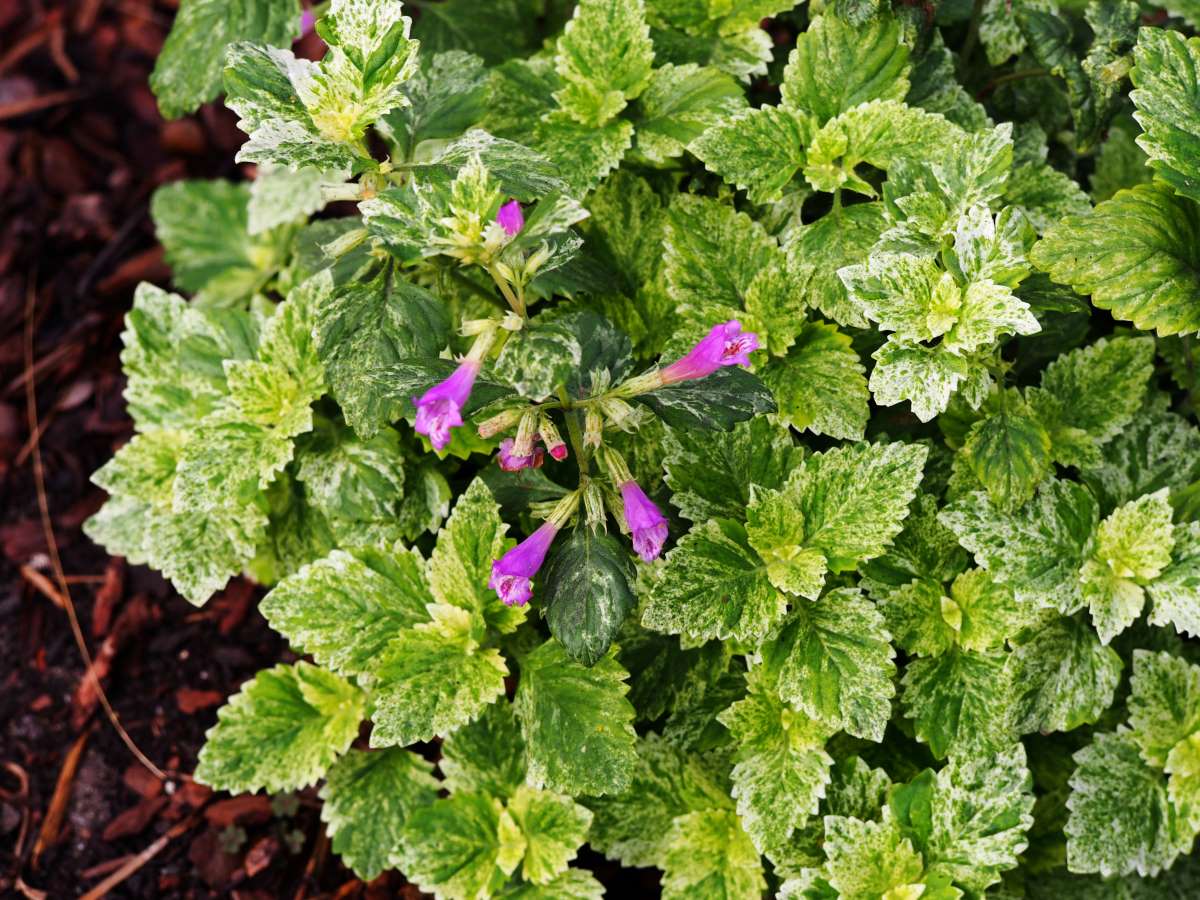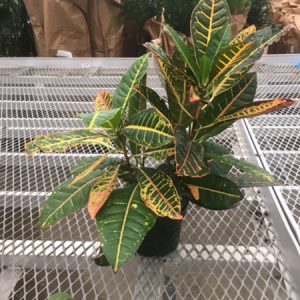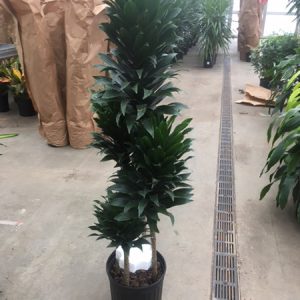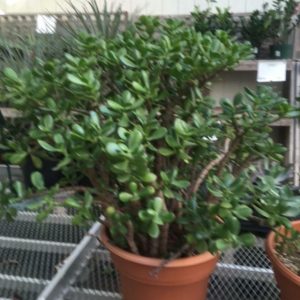Description
Calamintha – Calamint –
There are about 8 species of aromatic, sometimes rhizomatous perennial, some woody based, in this genus. They occur in grassland, scrub, and woodland in Europe, Asia with 2 from the USA. On square stems they carry opposite, ovate to oblong, usually toothed leaves and bear loose terminal sprays or axillary cymes of tubular, 2 lipped flowers, mainly in shades of blue, purplish, but pink or white in some species. Grow Calamints in a border, or an open woodland garden. The flowers are attractive to bees. Leaves of several species are used in herbal medicine as well as being infused to make herbal teas.
Grow in moist but well drained soil in sun or partial shade, in a sheltered site. Divide in early spring.
Prone to powdery mildew.
C. grandiflora – Clinopodium grandiflorum – Large-flowered Calamint – This rhizomatous, many branched bushy perennial found from Southern and Southeastern Europe to the Caucasus, Russia, Turkey, and Iran grows 18″ tall and wide. It produces ovate, toothed leaves, 2″ long, mid green above and pale green beneath. In summer it bears lax cymes of up to 5 pink flowers, to 1 ½” long. Used both as an ornamental and as a herb. Thrives in dappled shade.
Zones 5-9





